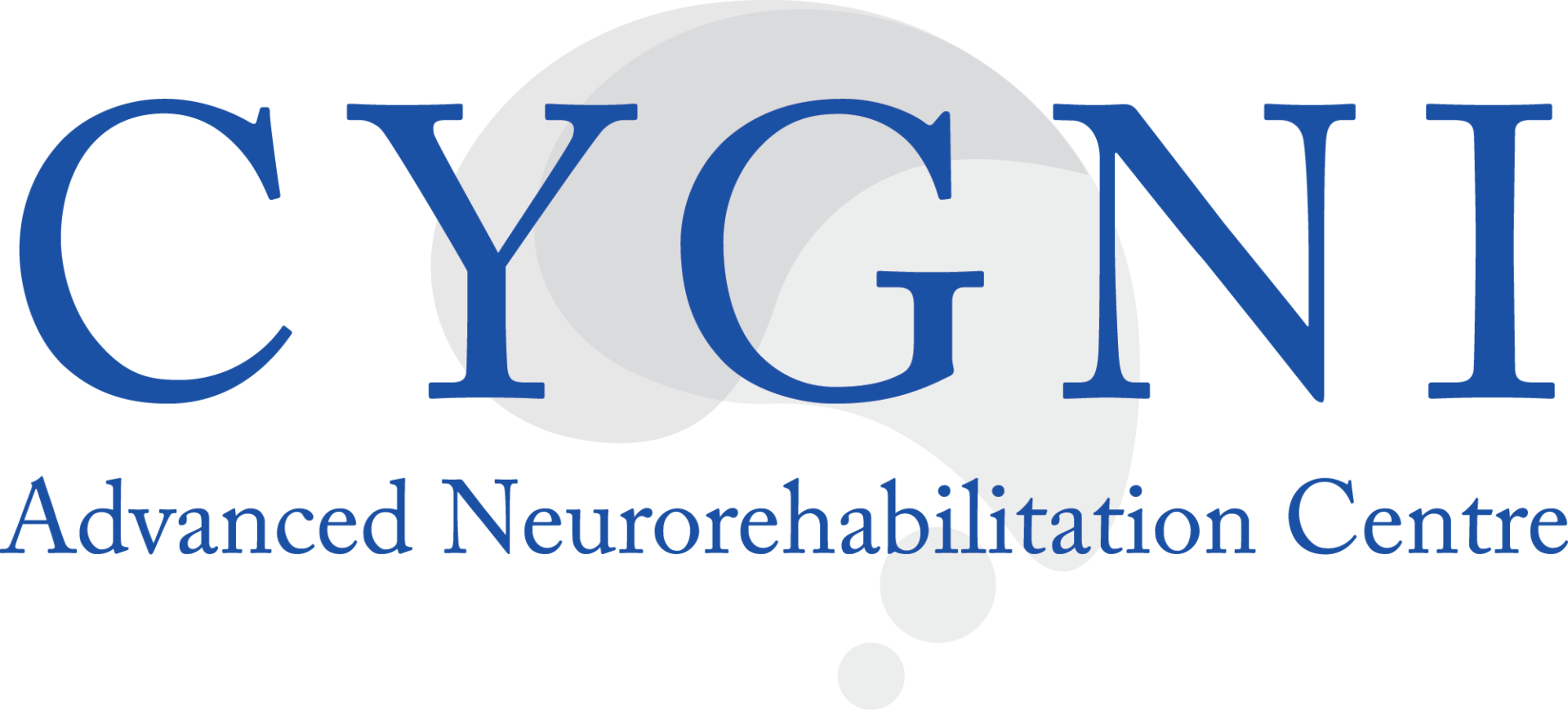What is neurorehabilitation?
Neurorehabilitation, derived from the combination from the words – Neurology and Rehabilitation, is a treatment programme that designed to improve function and well-being, and ease symptoms of persons with disease, disorders, or injury of the nervous system1. In general, neurorehabilitation is therapy for the brain.
A non-exhaustive list of people who potentially would require neurorehabilitation are:
- Stroke
- Brain injury
- Spinal cord injury
- Multiple sclerosis
- Brachial plexus injury
- Amyotrophic lateral sclerosis
- Muscular dystrophy
- Median nerve palsy
- Guillain-Barré syndrome
- Cerebral palsy
- Complex regional pain syndrome
- Burns management
- Dupuytren’s contracture
- Hand mobility issues post hand surgery
- Parkinson’s disease
The aim of the treatment programme is to maximise a client’s functional level and independence[1], while also enhancing their overall quality of life, which includes the emotional, physical, and social aspects of their lives.
Neurorehabilitation mostly consists of:
- Re-training for performance and participation in activities of daily living
- Re-training gross and fine motor skills needed in writing and feeding
- Management of stress, anxiety and/or depression, and emotional support
- Re-training bladder and bowl movements
- Introduce therapeutic activities to improve on muscle range, strength and manage muscle tone
- Pain management
- Assist to train and prescribe assistive devices to maximise independence and performance in activities of daily living
- Education and counselling (nutritional and vocational)
Every treatment programme is unique to each individual and there is a team behind it to ensure therapy objectives and goals are met2. Don’t be surprised! Some of those team members are their very own support system! Namely, family members, caregivers or friends.
The multidisciplinary team usually include neurologists and/or neurosurgeon, orthopedist and/or orthopaedic surgeon, rehab specialist, respiratory therapist, physiotherapist, occupational therapist, speech/language therapist, counsellor, and a dietitian to name a few.
At Cygni Advanced Neurorehabilitation Centre, we are dedicated to provide you with occupational therapy services to achieve your goals pertaining to your upper limbs as well as your activities of daily living.
Resources:
[1] John Hopkins Medicine – Neurological Rehabilitation
https://www.hopkinsmedicine.org/health/treatment-tests-and-therapies/neurological-rehabilitation
[2] Cleveland Clinic – Neurorehabilitation for Brain Health
https://my.clevelandclinic.org/health/articles/17266-neurorehabilitation-for-brain-health
